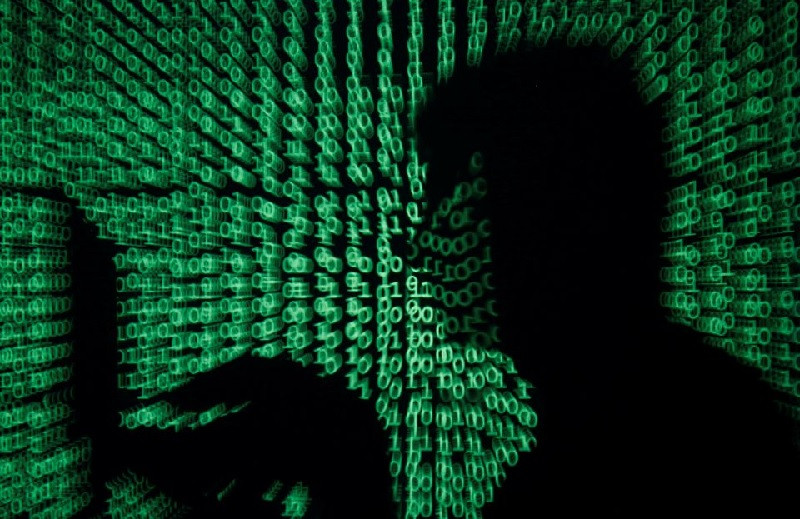Popular Reads
Top Results
Can't find what you're looking for?
View all search resultsPopular Reads
Top Results
Can't find what you're looking for?
View all search resultsG20 needs to talk about economic espionage, again
Indonesia has the perfect opportunity this year to revisit the issue of economic espionage at the premier international forum.
Change text size
Gift Premium Articles
to Anyone

Many countries are banking on the rapid proliferation of digital technology as part of the solution to boost economic growth and overcome the challenges of social and economic disparities.
While there is no doubt that the universalization of digital technology has been fundamental in alleviating some of the world’s greatest social and economic ills (especially amid the COVID-19 pandemic), it is also intensifying existing problems. One particular challenge facing economies across the world is the threat of cyber-enabled intellectual property (IP) theft.
In early May, Cybereason reported that hackers stole trillions of IP from multinational corporations across North America, East Asia and Europe. The culprit was identified as Winnti, a hacking group with alleged ties to China.
While there are still many things we do not know about the attack, such as what was stolen and which companies were targeted, the incident is another stark reminder that economic espionage remains a serious threat to the global economy.
The practice of economic espionage, or state-sponsored industrial and commercial espionage sponsored, has a long history that can be traced back to antiquity. But the ever-growing universality of information and computer technology has made the practice more widespread as governments industrialize their economic espionage efforts through cyber means.
The financial costs of IP theft are tough to calculate. But based on some of the information we know, it can be estimated to reach hundreds of billions, if not trillions, of dollars. The Commission on the Theft of American Intellectual Property, for example, estimated in a 2017 special report that IP theft costs the United States US$600 billion annually. Meanwhile, the European Intellectual Property Office reported last April that up to 60 billion euros ($6.36 billion) worth of goods was stolen each year in the European Union.
While it is often treated as a “rich country problem”, many developing countries have also been victims of economic espionage. For example, in Southeast Asia alone, there have been several known cases of commercial and data theft associated with hackers allegedly sponsored by states.



















